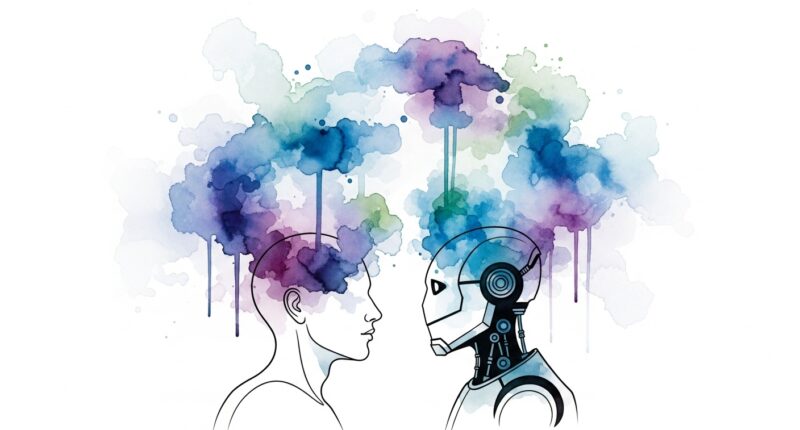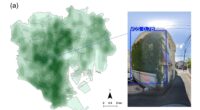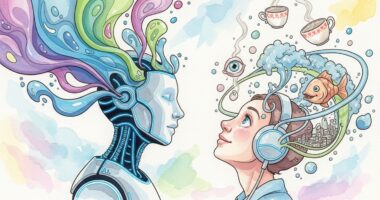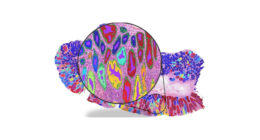Scientists argue that understanding consciousness is now an urgent scientific and ethical priority, as advances in artificial intelligence and neurotechnology are outpacing research into the subject.
In a review published in Frontiers in Science, researchers warn that explaining how consciousness arises—which could one day lead to scientific tests to detect it—is now a critical priority. Such an understanding would have significant implications for AI, prenatal policy, animal welfare, medicine, and law.
“Understanding consciousness is one of the most substantial challenges of 21st-century science — and it’s now urgent due to advances in AI and other technologies,” said lead author Prof Axel Cleeremans from Université Libre de Bruxelles.
Profound ethical and legal challenges
The authors say that evidence-based tests for consciousness could help identify awareness in patients with brain injury, determine when it arises in animals or fetuses, or even detect it in AI or lab-grown “brain organoids.” However, they warn that this would raise profound ethical and legal challenges.
“If we become able to create consciousness — even accidentally — it would raise immense ethical challenges and even existential risk” added Cleeremans.
A better understanding of consciousness could also transform medical care for unresponsive patients, guide new mental health therapies, and clarify the moral duty towards animals by identifying which creatures are sentient.
“Even if ‘conscious AI’ is impossible using standard digital computers, AI that gives the impression of being conscious raises many societal and ethical challenges,” said co-author Prof Anil Seth from the University of Sussex.
The researchers call for a coordinated, evidence-based approach to the field, such as “adversarial collaborations” where rival theories are pitted against each other in experiments.











